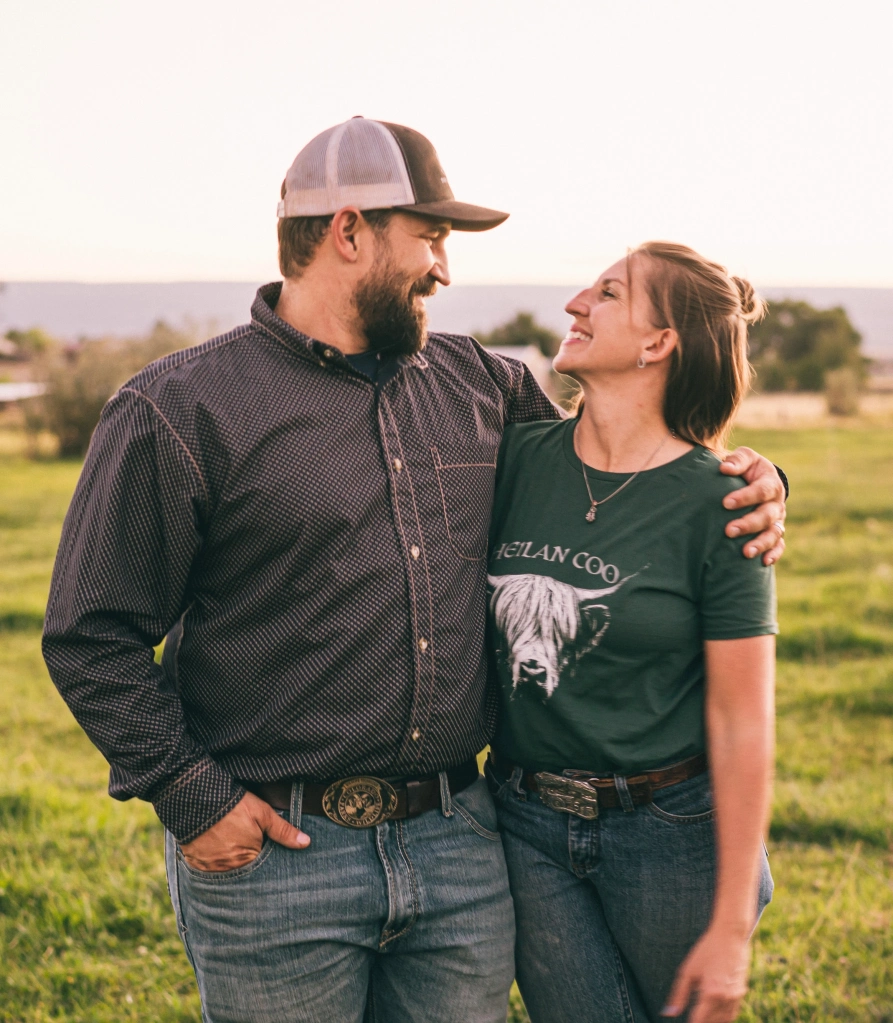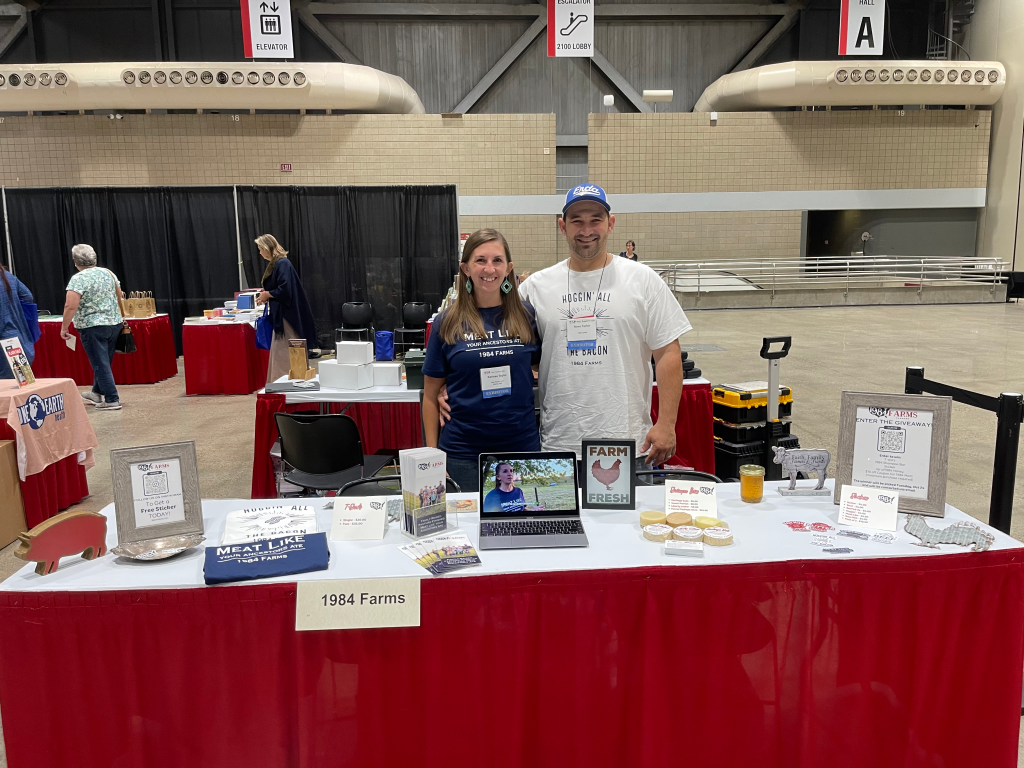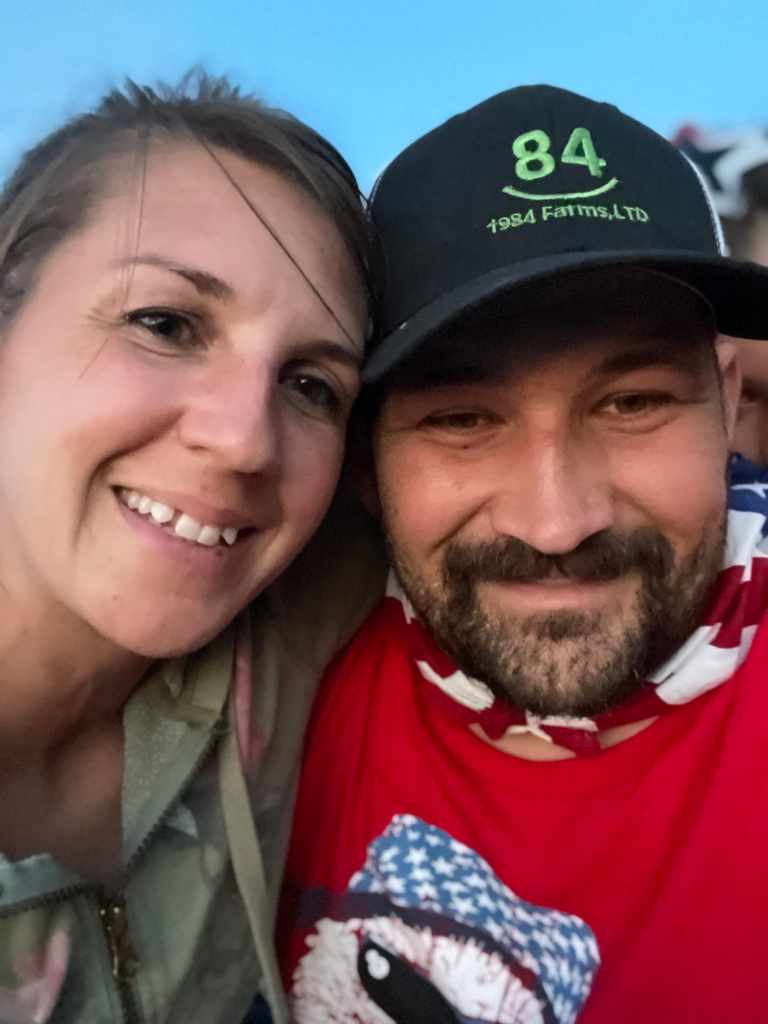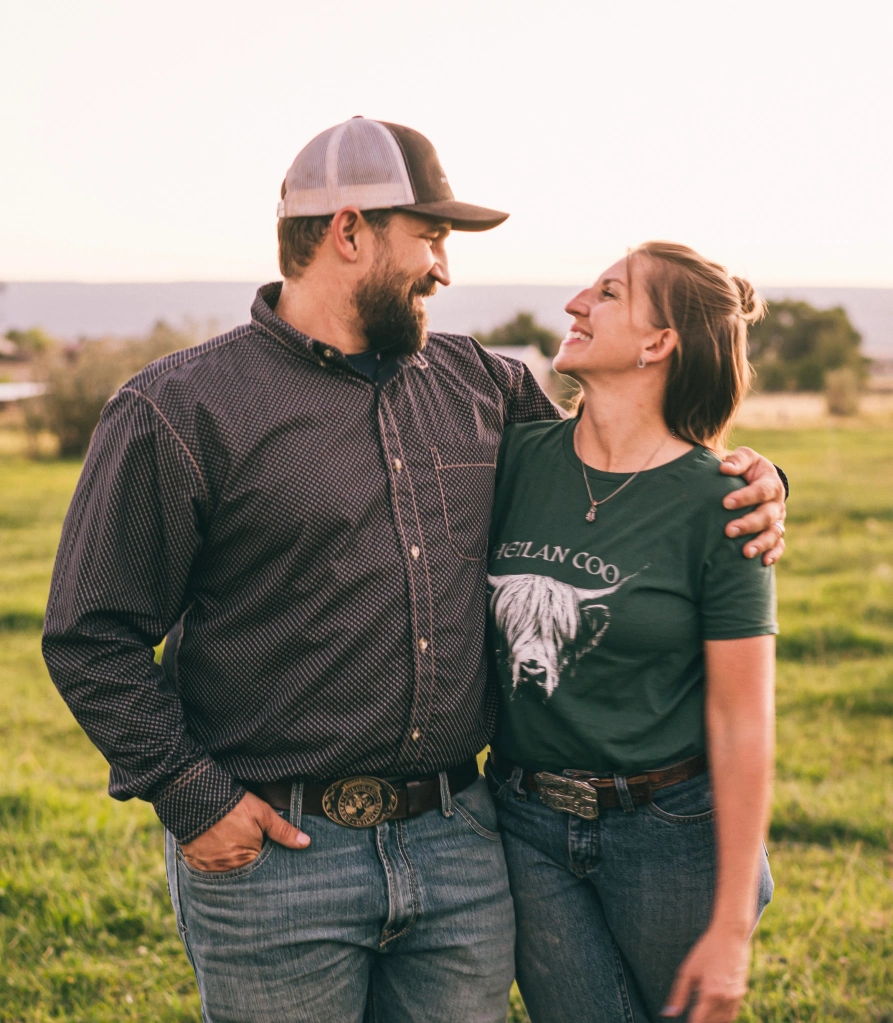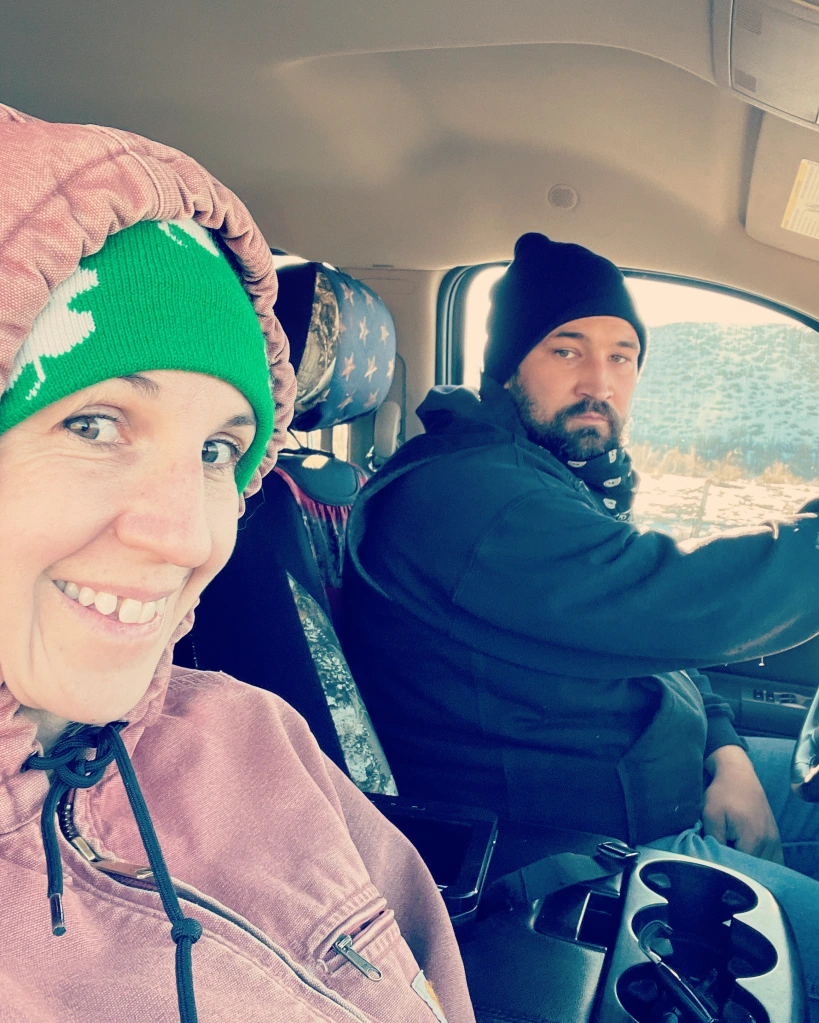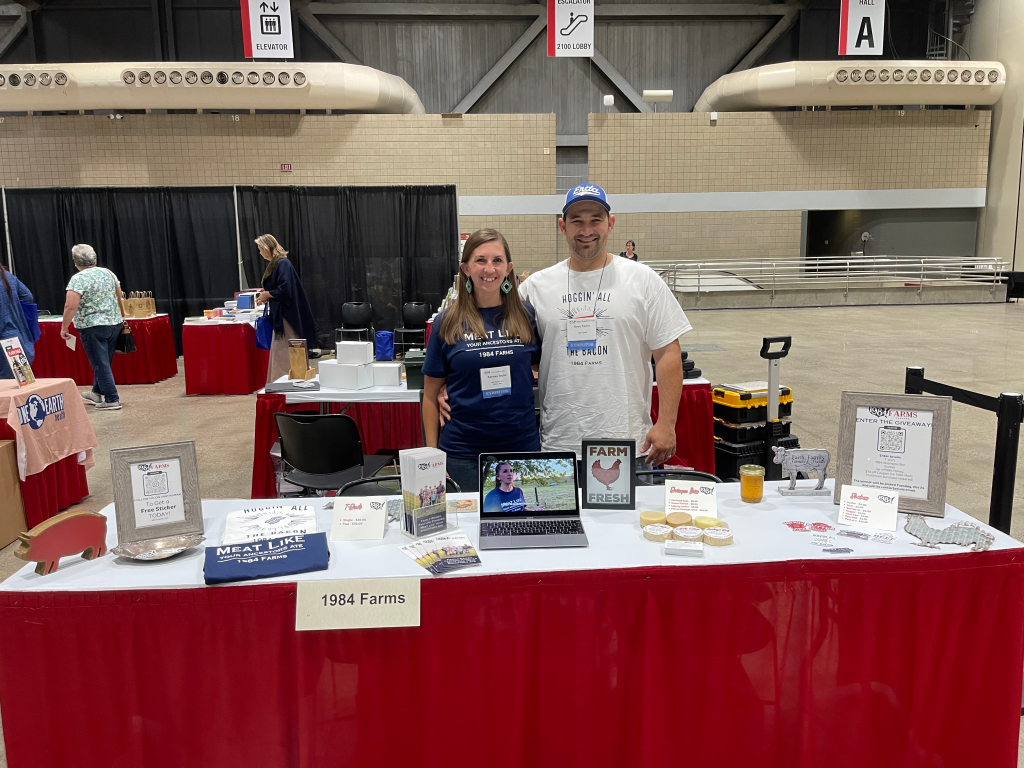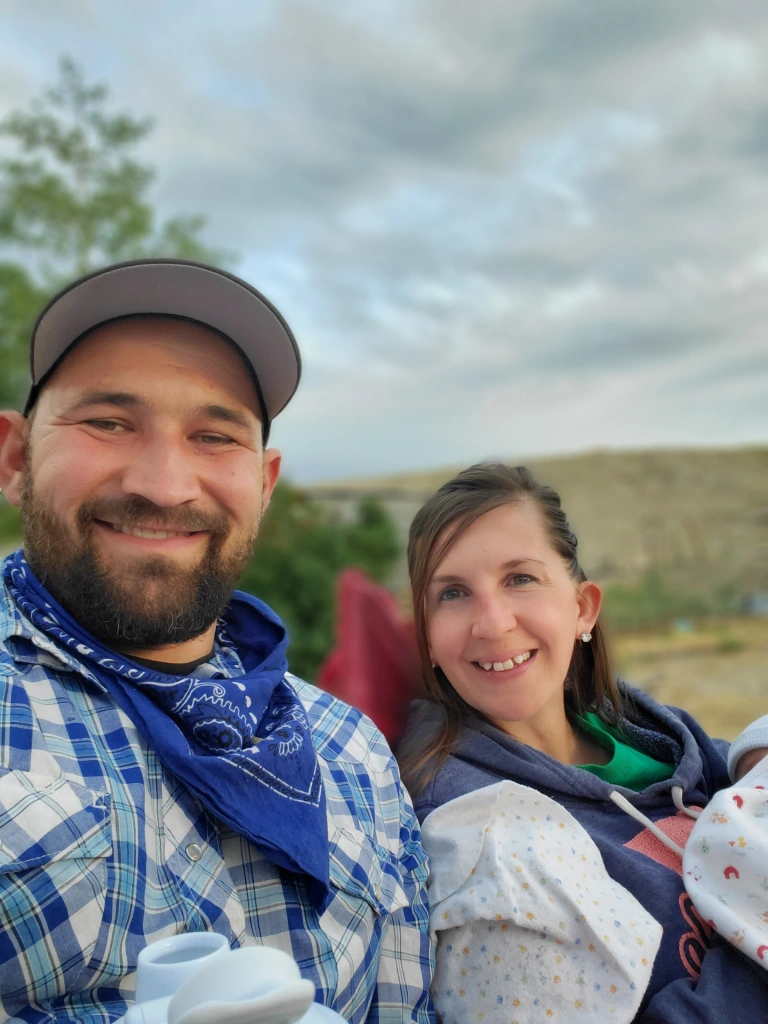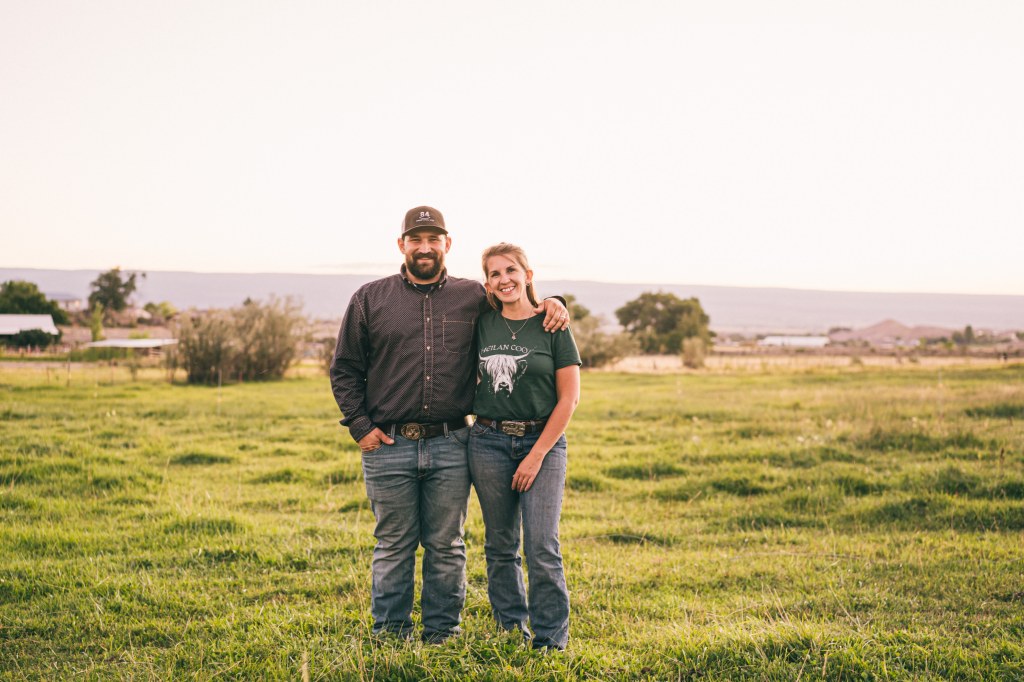“If we grandparent our own children, we will be truly great mothers and fathers.”
Oliver Demille, The Phases of Learning
Grandparenting is the culmination of our entire life and ultimately our purpose. Grandparents aren’t just influencing their own grandchildren, they influence their grandchild’s whole world – who they marry, who they work for, what they go to school for and where… it doesn’t mean that they show up on dates or interact with their bosses (could you imagine?). The essence of grandparenting is having an impact on the world around us for good. Grandparents set up the world for children to thrive.

You already know this, but homes used to be multi-generational. That was a thing until the mid-1900s. Our grandparents didn’t generally live on their own, or if they did live in their own home they were on the same property as their children and grandchildren. Grandchildren had continual access to their grandparents.
Is that how you grew up?
We parent and grandparent differently. Grandparents are better at noticing that a child may not need a scolding, but maybe just a hug. Grandparents are more patient and in tune with what a grandchild needs.
Take my own father, for example. The story among his children was that he was tough on us… “there was no give or take, we got in trouble for certain things, he held the line, etc.. but the grandkids, on the other hand, were dealt a softer hand.” Was that really the case? Was he really softer or was it that with age, my father was more mature in the way he interacted with people? Yes, he was more patient and understanding. It’s not that he never chided a grandchild, but after the chiding, he followed up in a different way than when he was a young father.

Dear Grandparents, as you positively engage, you build trust. When there is trust and connection, there is influence. If you ever worry that your grandchildren don’t know you or won’t remember you, do something about it! You can put as much or as little effort into your relationships as you can manage. As I reflect on my relationship and memories of my own grandparents, and as a mother of 6, I’m here to tell you that every interaction matters.
I have come up with 5 suggestions of ways you can better connect with your grandchildren, even if you live far away. Some of these will require figuring out a little bit of technology – but I know you can do it, you found this blog post didn’t you? Your grandchildren will feel closer to you as you “speak their language”, so to speak.
1. Cook Together
Foundational memories are made in the kitchen. Family traditions and connection happens around food. It’s more than a great excuse to spend time together, food and cooking is a very foundational aspect of all human life and experience. We connect so much to food, so having memories of cooking with grandma and grandpa can influence a strong relationship to food.

So cook together whenever you can. It can be a healthy meal or a favorite dessert. Retell the stories of times youve made that meal in the past. Children may not remember every detail you share, but they will remember how they feel when they’re around you.
To make this work long distance…
Handwrite, or type up, a simple recipe and mail it (what kid doesn’t love getting mail?) You could also order a children’s cookbook from Amazon and have it delivered. Remember to add a personalized note!
Next time you’re on the phone with your grandchild, or when you use messaging apps like Facetime or Marco Polo, ask her what her favorite food is. Favorite ice cream? Favorite meal? Does he like sea food? Has he ever tried gumbo? Can you imagine the conversations this could spark?
2. Color Together

I’ve noticed that some of my children are extra chatty while coloring, something about doing something with their hands while they talk, helps some kids stay focused. This is a special time to have conversation and to create together. You could teach them about colors and techniques and share stories about your childhood. A bonus is that your grandkids might think you’re pretty cool if you’re willing to listen to them talk all about mermaids or superheroes while you color those pages.
To make this work long distance…
Color together over a video call. You could get two of the same coloring books from the Dollar Tree, or Amazon and send one. Find a time to color together while on a video call. Facetime, Google Meet, Facebook or Zoom are all great options. Kids love to show off what they’ve made, if they sent their coloring page to you, you could proudly display it on your refrigerator (any kid would LOVE that!)
3. Read Together
Reading together is another foundational piece of a child’s development. As a homeschooling family, we know that if we read together an hour a day – that is more than enough to impact their education, their thought process, and for them to be able to learn to read proficiently.
When you read together, it is a shared adventure- a shared journey. You get to discuss and connect. Talk about what impacted you, and what you love about the story. Don’t underestimate the importance of talking about and discussing what you read! The discussion really helps develop how they perceive the world, and develop their character and who they want to be based on the characters you’re reading about.

To make this work long distance…
- You can order books or use an app that allows you to read together like, Caribu or Together.
- Send them a copy of your favorite books that they might like. Or order 2 copies (one for each of you) and read along together on a video call app.
- If you’re feeling extra adventurous, audio record or video yourself reading the book and send it to her to watch.
Do you have a favorite children’s book you would love to pass on? I’d love to hear what is it…
4. Plant Seeds Together
Working alongside grandparents develops those foundational core memories that will be with them for the rest of their lives, memories that they can look back on that teach work ethic and develop character and connection.
There is science behind working with your hands specifically,
“When we use our hand for complex real-world tasks, it starts a neurological chain reaction which causes the reward part of our brain to release dopamine and serotonin… Even more compelling is that this type of manual activity may stimulate the production of brand new brain cells.”
Jill Winger, Old Fashioned on Purpose
Being able to go through the planting process with your grandchild also gives you something to discuss. How are your seeds doing? What do they look like? Mine are doing this… Let’s go weed the garden. Inside of us it creates memories, and when the children remember the work they did, it will evoke those positive emotions and give them a positive experience with hard work and work ethic.

This is also teaching them to wait for satisfaction. This takes time and patience, but the reward is so great when they get to enjoy the fruit (or flower) of their labor. What a confidence boost for them that they can say “I did this! This wasn’t easy and I waited a long time and grandpa or grandma walked me through this and we did it together!”
To make this work long distance…
This doesn’t have to be a big garden in the yard it can be done in something like a little cup.
You can send them a list of supplies they’ll need to gather, send them a seed-growing kit from Amazon, or take what you have on hand and put a package together. What kid wouldn’t love that? Once they have what they need, you can share a YouTube video they can watch to learn how to plant and care for the seed or you could also FaceTime and show them how to plant the seed.
This is the perfect chance to communicate and connect with your grandchild. When you call and talk to them you can have a conversation about how it’s going. “Show me your plant, is it dry? Let’s see the soil”, etc… This will give you both something to look forward to and accomplish together.
5. Teach Them An Outdoor Activity
Children need play! This all comes back to the memories we’re creating, the influence we get to have, and the conversations that come up while connecting.
Children learn the best when they are physically doing and talking. They retain it longer, and developmentally, their recall is so much quicker. Getting out in the sun and nature helps boost those natural, happy hormones. Vitamin D and fresh air are amazing for us health-wise.

This is a chance to laugh together and be goofy! Outdoor games create more memories that will remind them of you when they play them in the future (maybe with their own children!) On top of it all, when you have that kind of connection, the likelihood that they will seek you when they need advice will significantly increase.
To make this work long distance…
You can send things to your grandchildren, encouraging them to have fun outside. Children of all ages enjoy balloons, rubber balls, sidewalk chalk, or bubbles.
Technology is such a great thing! You can send videos of you doing the thing you want to teach them. (Throwing a baseball, or doing a cartwheel). They can send you videos back to show you how they’re doing at it! Encourage them to send YouTube videos to YOU of activities they’re interested in that you can discuss.

I really hope you feel the importance of the role grandparents play, and that children need you. They need your wisdom; like when to plant tomatoes and what to look for in a spouse. They need your love and approval – you’re a safe place for them to build their self-esteem, navigate social interaction, and learn how to trust. They need to hear your perspective and the stories of your history -they need to know where they come from.
I’d love to continue this conversation with you… Which of these activities sounds like something you would do? Which one do you think your grandchild would enjoy?




